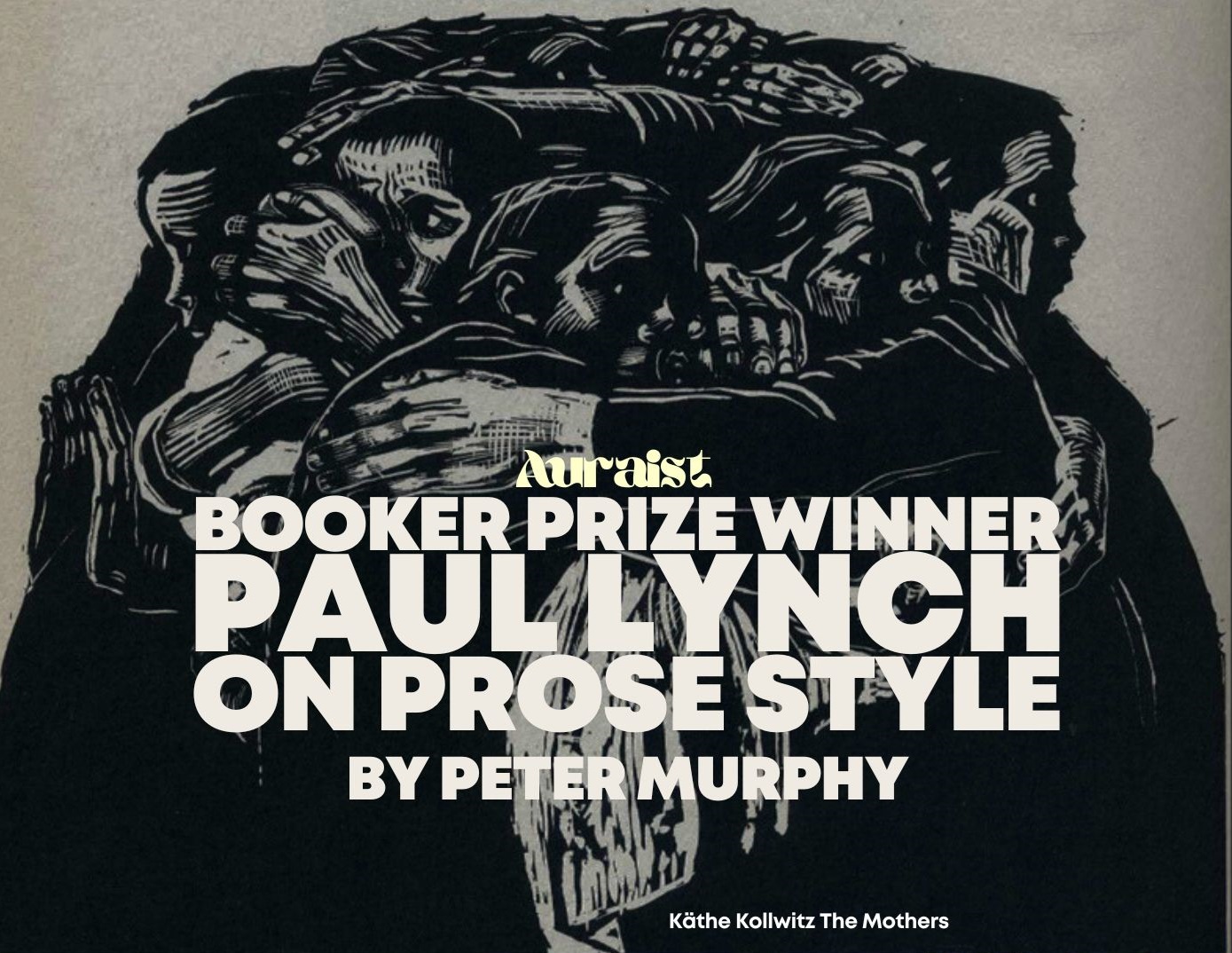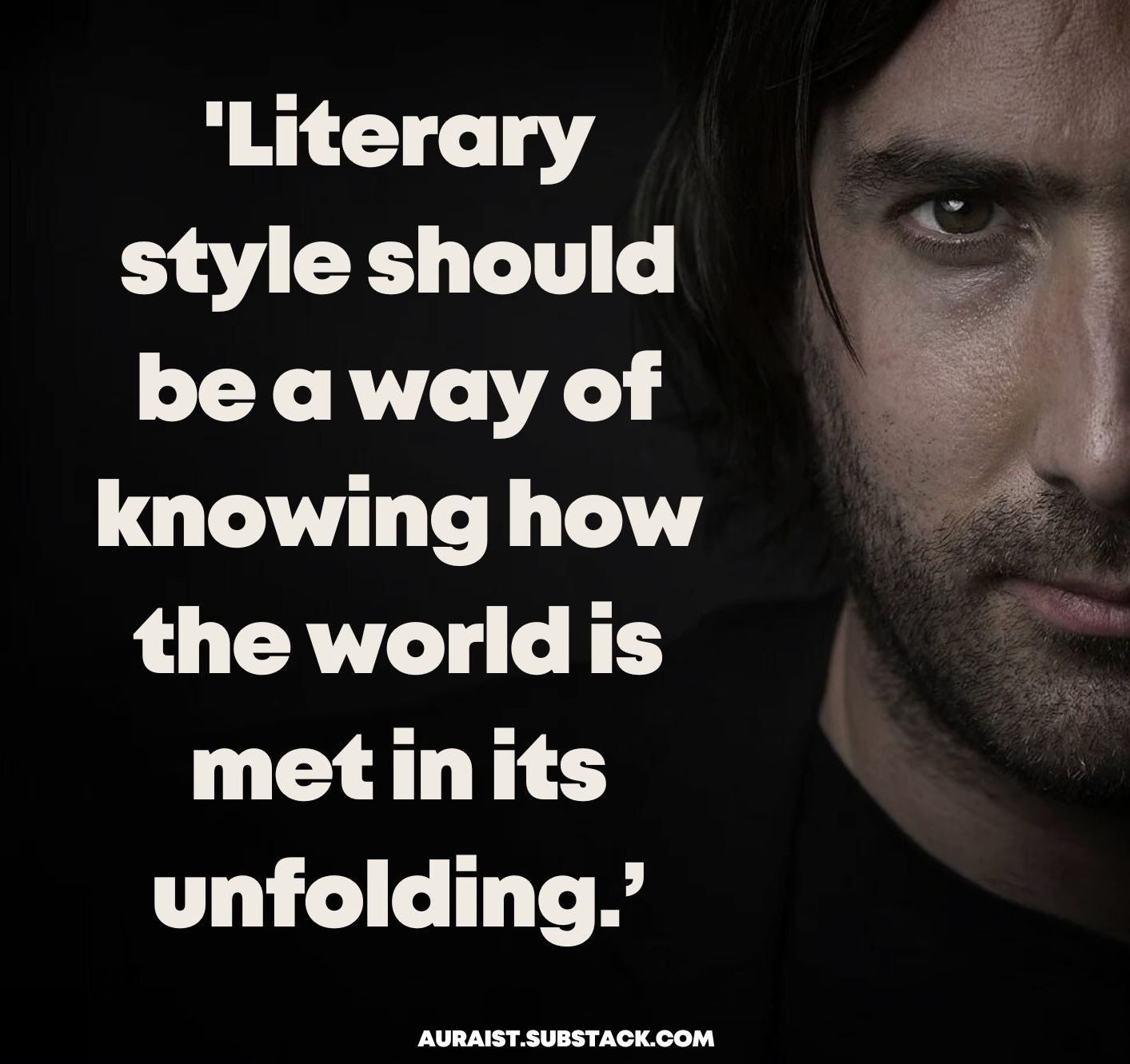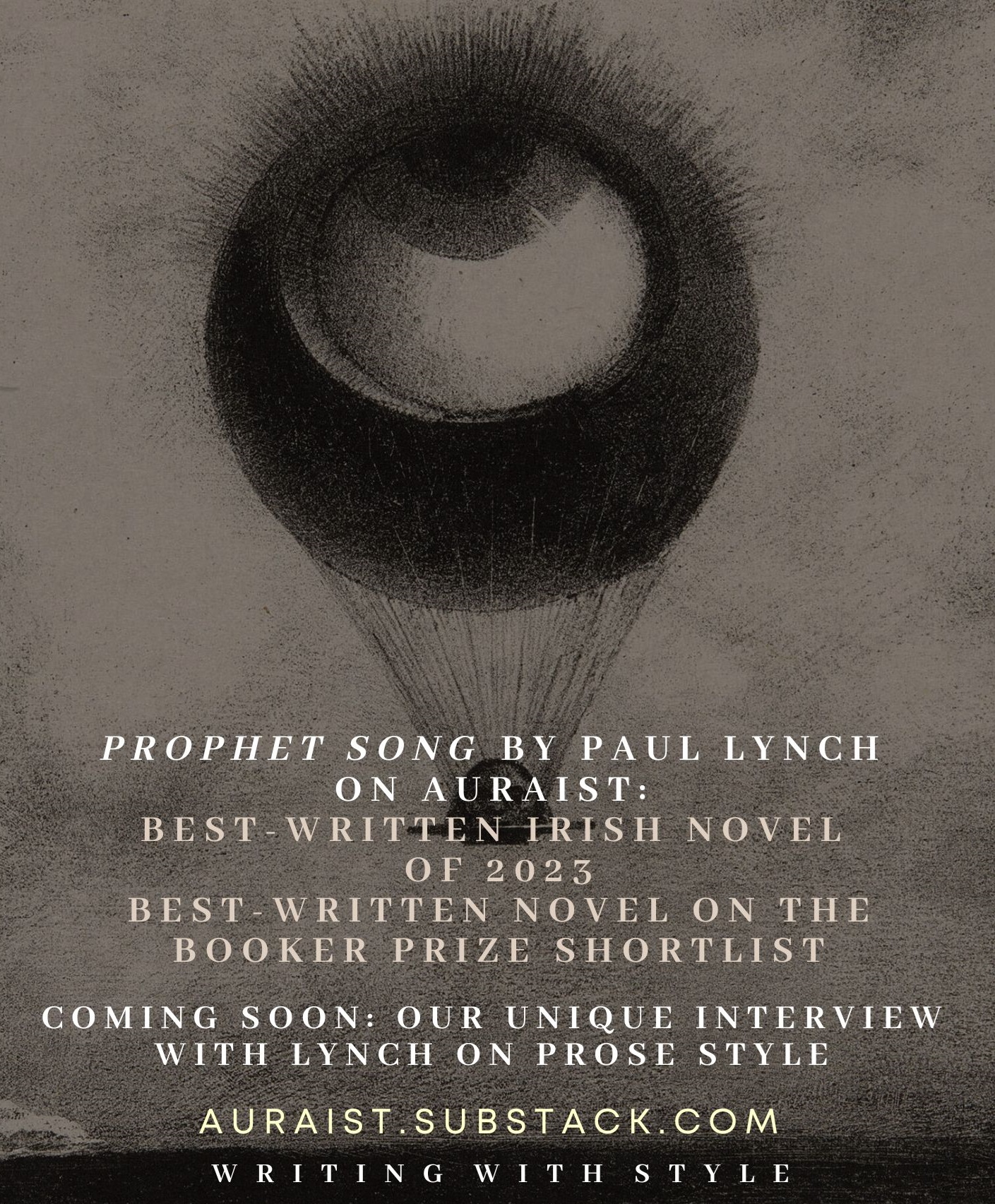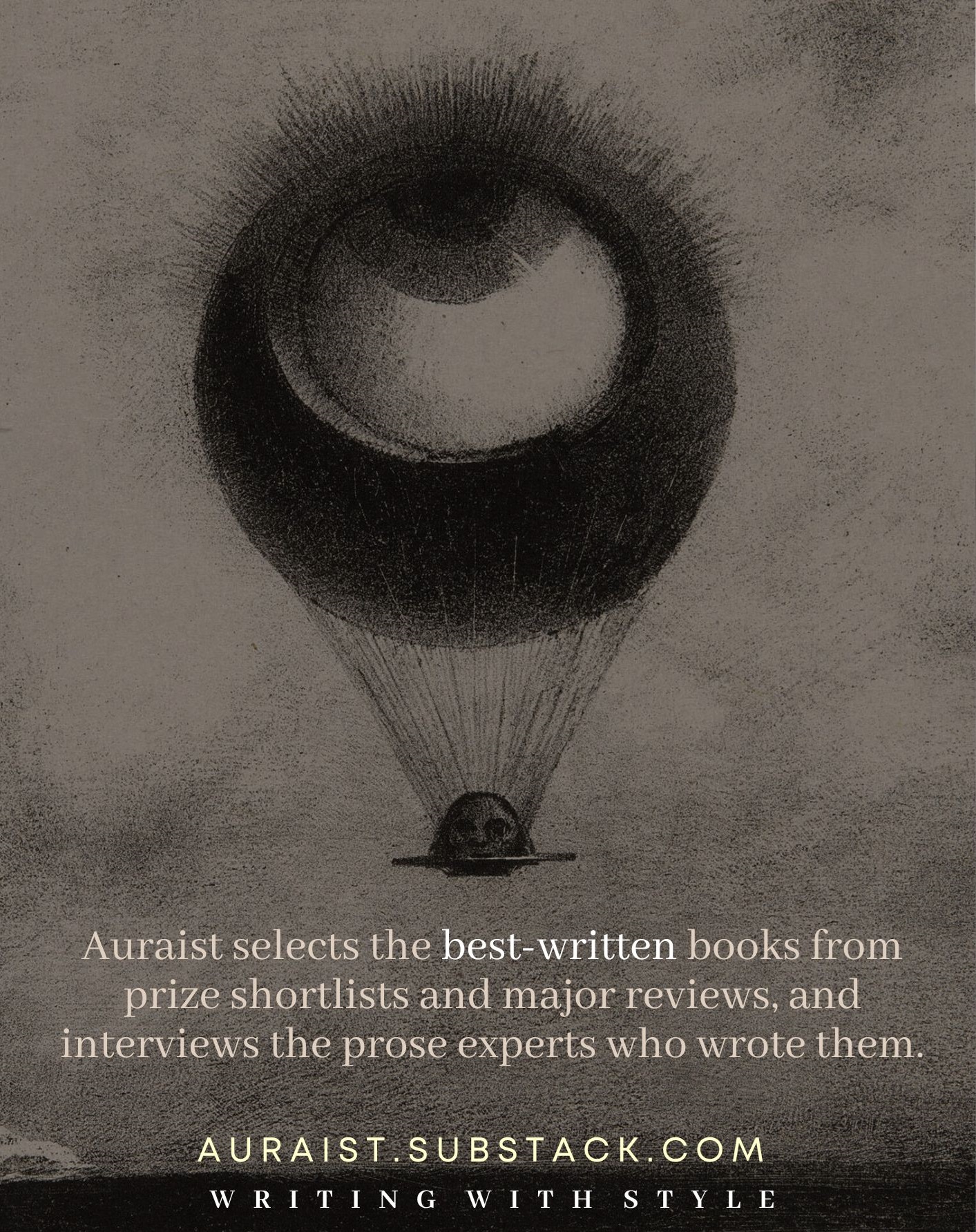Booker Prize Winner Paul Lynch's Novel Interview on the Language of Fascist Horror
'Literary style should be a way of knowing how the world is met in its unfolding.'
Author Paul Lynch, whose Prophet Song won the Booker Prize for fiction on Sunday evening, has described how the authoritarian horrors in his winning novel emerged from the burst of language that came unsought one Monday morning, and that still remains the book’s first page.
These near-future horrors were not planned beforehand, he maintains, were not a consciously plotted-out response to the political abyss of 2018, the year of that decisive morning. Its fascist theme did not dictate how Prophet Song was written, not at first. Instead certain strains of darkness within the sentences themselves came to impose a fascist Ireland upon its protagonist Eilish and those she cares for, Lynch instinctively trusting that ‘a sense of great mass and energy’ lay within first-page descriptions such as:
Watching the darkening garden and the wish to be at one with this darkness, to step outside and lie down with it, to lie with the fallen leaves and let the night pass over, to wake then with the dawn and rise renewed with the morning come.
In his interview on Auraist with fellow Irish author Peter Murphy, Lynch speaks not only on questions of theme and personal history, but also returns repeatedly to issues of prose style and their frequently understated role in the creation of plausible and profound psychology, and readers’ immersion in the finest literature. ‘Literary style should be a way of knowing how the world is met in its unfolding,’ he argues. ‘And so I shape my sentences around the truth of the unfolding — in other words, my realism is memetic and presses its way into feeling, atmosphere, emotion, etc. Vocabulary, syntax etc., like mobilised troops, follow this initial command.’
As the writing of the book went on, the appallingly believable authoritarian Ireland conjured into being by those ‘deeply encoded’ opening sentences did of course seep into the styles the author employed, his form and substance now working upon each other intuitively (a key Lynch term): ‘For a start, there are the long sentences and there are no paragraph breaks in the book. There is a deep undertow of inevitability at work, a sense of inevitability, and the long sentences and the lack of breaks lock the reader into the same claustrophobic space that Eilish inhabits.’ In time ‘I could sense in the enormous energy of this book that it was doing something unique and that I had reached my own terra incognita.’
'Literary style should be a way of knowing how the world is met in its unfolding,' Lynch stated in his Booker Prize acceptance speech. Read the one-off interview where he first said this at Auraist, which selects the best-written books from major prize shortlists and reviews, and interviews the prose experts who wrote them.
Press release distributed by Pressat on behalf of Auraist, on Monday 27 November, 2023. For more information subscribe and follow https://pressat.co.uk/
Booker Prize Literature Fiction Writing Writers Paul Lynch Prophet Song Peter Murphy Books Novels Irish Writers Prose Style Entertainment & Arts
You just read:
Booker Prize Winner Paul Lynch's Novel Interview on the Language of Fascist Horror
News from this source:






